There is a growing conversation talking place among Christians. The conversation is more complex than I have time for in this blog post, but it essentially revolves around the question of how someone’s beliefs are connected to their behaviors and actions. What makes it even more interesting is that it is being asked within reports of a decline and rise of certain segments of the Christian faith.
The Associated Baptist Press recently reported on a Public Religion Research Institute survey examining the intersection of economics, politics, and faith. While there is a decline in conservative ranks, there has been an upswing within progressive Christianity. However, the largest gain is seen within moderate churches, where both moderate conservatives and moderate progressives attend.
The conversation begins within this context. Conservatives, often times, concentrate on doctrine with their implementation mainly applied to individualistic moral issues. Progressives, on the other hand, tend to think more socially attempting to connect their understanding of Scripture to a social moral applied within community. Both approaches to being “Christian” are well meaning and have their place in the church, but it’s the moderate segment I want to write about today.
There appears to be two types of moderates emerging. First, there is the type of moderate who attempts to live in both the conservative and progressive worlds. Depending on which group they find themselves, they tend to allow their surroundings to influence their thinking and its implementation. In addition, these moderates are seen, fairly or unfairly, as void of passion, stuck in the middle between analysis and almost doing something. They are biblical and well-meaning, but tend to stop short in their conviction and/or its application.
Second, there is a type of moderate that stands for the emerging middle way. Practicing faith in the middle is not a compromise between conservative and progressive views. Neither is the middle way a failed attempt to chose between the other two. On the contrary, the middle way is a middle path between the other roads. The middle seeks to form their theological foundation upon the individual liberty of interpreting Scripture; analyzed and applied within the social context of community. In other words, the middle way is a path for both personal and social faith. The middle way is not a blend of conservative and social theology, but an emerging way to understanding the Bible and applying its truths within personal and social issues.
While some still remain skeptical of the middle way, I am hopeful that a new generation leads the future in connecting personal belief with social practice. The gridlock found within the old paradigm of “conservative versus progressive” has grown extremely weary and unacceptably stale. The middle way is not an easy road to travel, but rooted in biblical understanding and eyes wide open to the nuances of this world, the middle way can forge a path for Christianity to thrive in the future.
Jesus once said, “Enter through the narrow gate; for the gate is wide and the way is broad that leads to destruction, and there are many who enter through it. For the gate is small and the way is narrow that leads to life, and there are few who find it” (Matthew 7:13-14, NASB). The middle way is a narrow road, but one that just might save our witness in the world.
